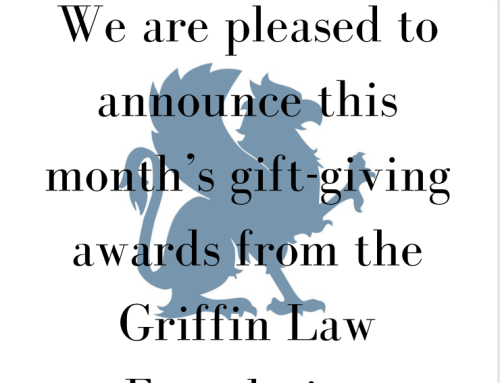 In a career that has included building client relationships and winning cases since 1998, I can say with some experience what people need to know when embarking on litigation through the use of a lawyer. By following these tips you might find life is a lot less stressful.
In a career that has included building client relationships and winning cases since 1998, I can say with some experience what people need to know when embarking on litigation through the use of a lawyer. By following these tips you might find life is a lot less stressful.
- Don’t assume that the other side’s lawyer knows what they are doing.
A good offer is one that requires no skill to be sold. Sadly, that phrase does not apply to litigation. The role of the lawyer includes managing any client with over optimistic expectations. But that won’t happen where the lawyer’s knowledge is poor or they have exaggerated expectations themselves. I regularly encounter lawyers with no pragmatism or commercial aptitude who are a danger to their own client and everyone else involved in the case. They can be the main cause of cases dragging on for months, if not years and can cost everyone thousands of pounds of wasted time.
- Having your day in court is rarely what you think it will be.
Be careful what you wish for as the vast majority of cases never get near a trial. If it does go to a full hearing, it will likely take up to 2 years to get there and, when it does, a bad tempered judge, (yes, they do exist and I have seen them), or a legal point that does not hit its’ mark could undo months or even years of preparation. Do not expect the judge to decide that you are an angel and the other side is a deceitful rogue. They usually have only a few hours in the company of the parties and generally steer clear of that approach.
- The best lawyers will start by giving you practical solutions for a quick settlement and will offer clear advice on legal fees.
Any lawyer who will not take this approach is not worth your hard-earned money. Those lawyers that want to take the case to change the law or prove that you (or they) are in the right is a danger to their client. The cost of employing them will usually be inversely proportional to the benefit they will have given to you by the end of the case.
- Letters are written on the basis that it is the judge who will read them.
You may tell your lawyer to send letters that savage the intelligence or the conduct of your opponent. Ask yourself why you are paying money for something you have clearly imagined writing yourself. The chances are it will achieve very little other than to expose your lawyer as preferring to be paid to come along for the ride instead of drive the case for you. A good legal practitioner knows the ways that can secure you tactical and strategic advantage, so try and use them effectively.
- Lawyers should be prepared to share the risk with you.
Ask your lawyer if they will structure their fees to effectively share the risk of litigation with you. This could be to defer part of their rates in return for an enhanced reward if objectives are achieved. If they will not consider doing that, the chances are they care little for your case or, even worse, might suspect you are unlikely to win.
At Griffin Law we pride ourselves on our second to none legal advice in addition to our risk/fee sharing approach.
If you would like advice on any matter which is keeping you up at night, Griffin Law can help to provide prompt, commercially astute and cost-effective advice. Contact us via email or on 01732 525923
Article by Dan Sherlock, Senior Associate, Griffin Law


